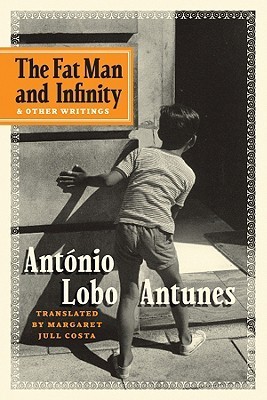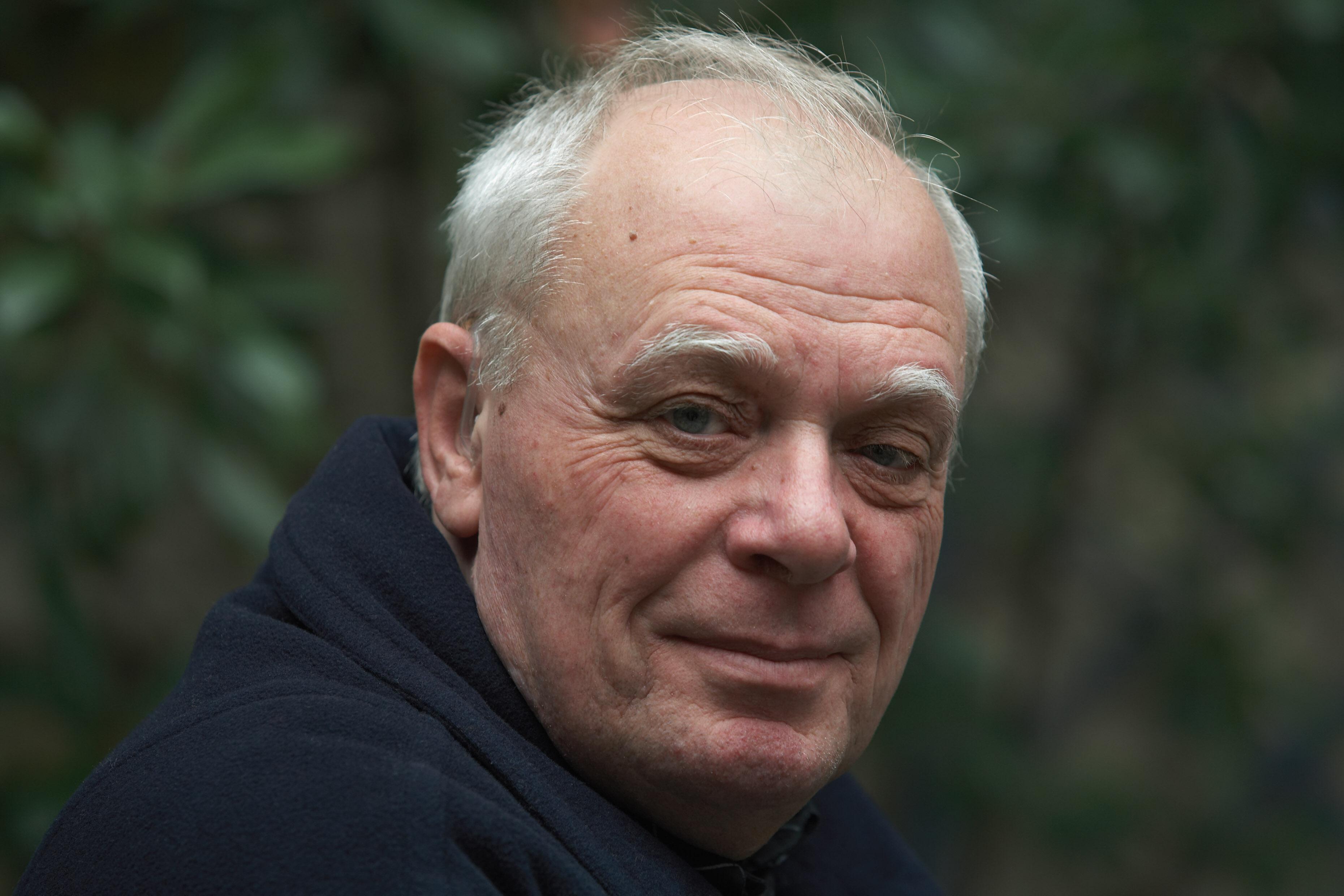
Author

At the age of seven, António Lobo Antunes decided to be a writer but when he was 16, his father sent him to medical school - he is a psychiatrist. During this time he never stopped writing. By the end of his education he had to join the Army, to take part in the war in Angola, from 1970 to 1973. It was there, in a military hospital, that he gained interest for the subjects of death and the other. The Angolan war for independence later became subject to many of his novels. He worked many months in Germany and Belgium. In 1979, Lobo Antunes published his first novel - Memória de Elefante (Elephant's Memory), where he told the story of his separation. Due to the success of his first novel, Lobo Antunes decided to devote his evenings to writing. He has been practicing psychiatry all the time, though, mainly at the outpatient's unit at the Hospital Miguel Bombarda of Lisbon. His style is considered to be very dense, heavily influenced by William Faulkner, James Joyce and Louis-Ferdinand Céline. He has an extensive work, translated into several languages. Among the many awards he has received so far, in 2007 he received the Camões Award, the most prestigious Portuguese literary award.